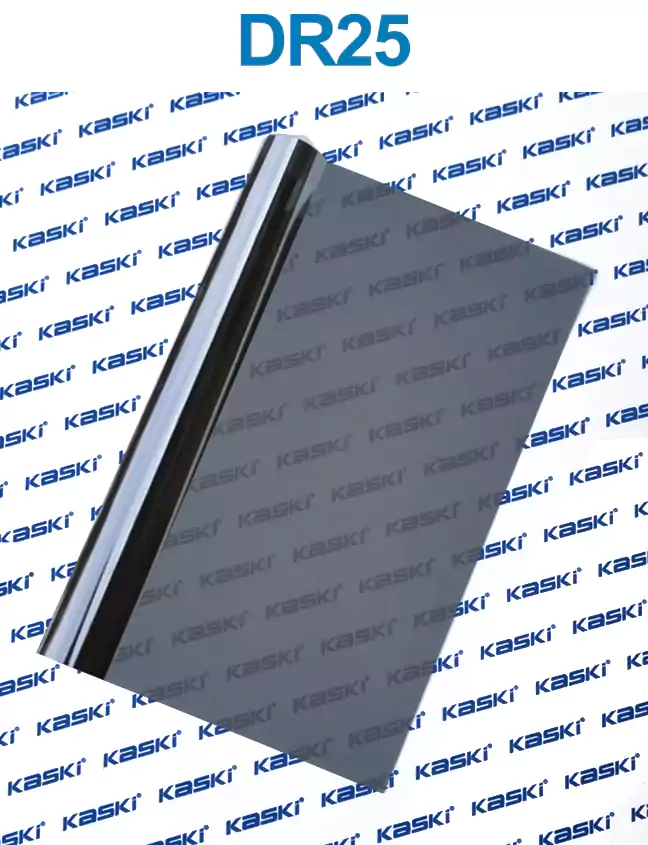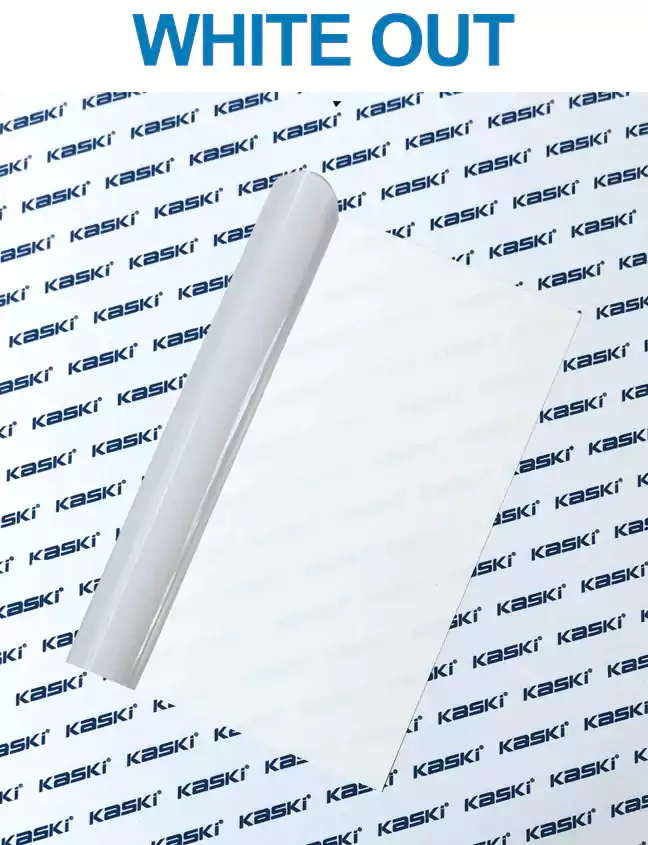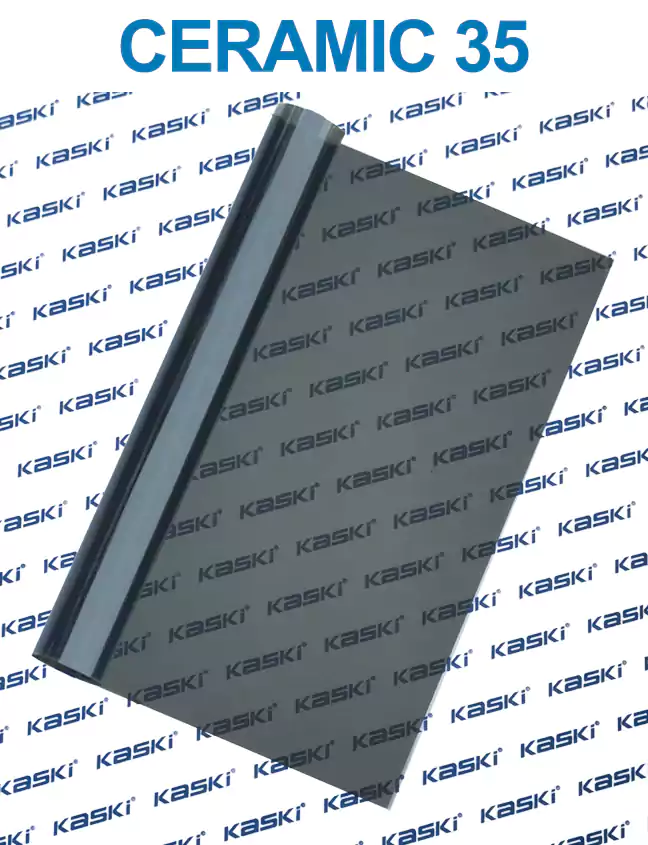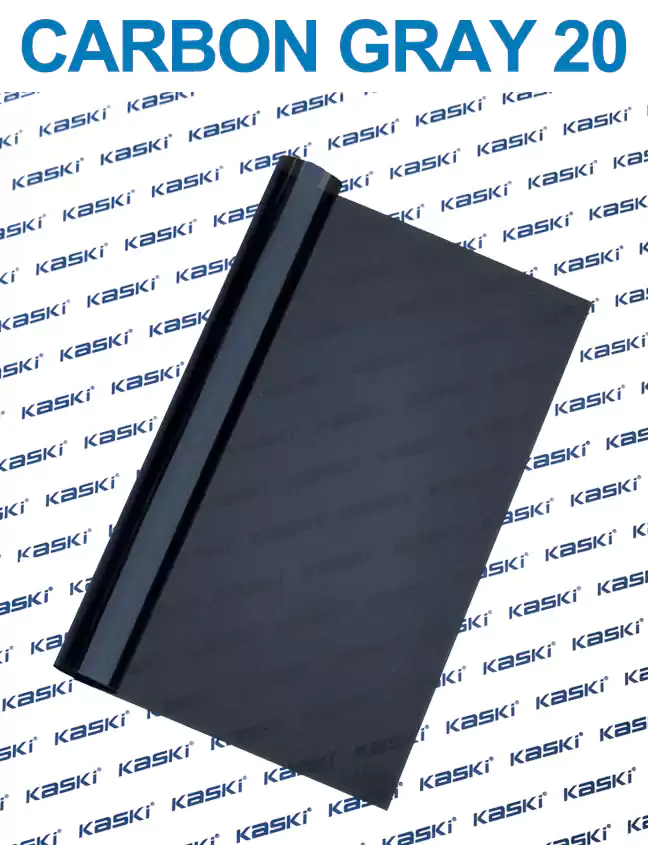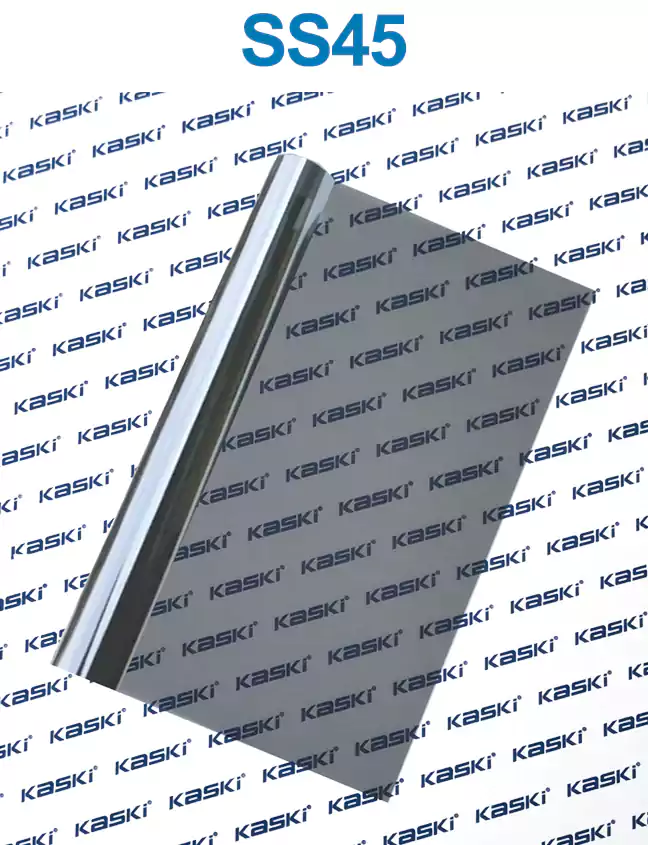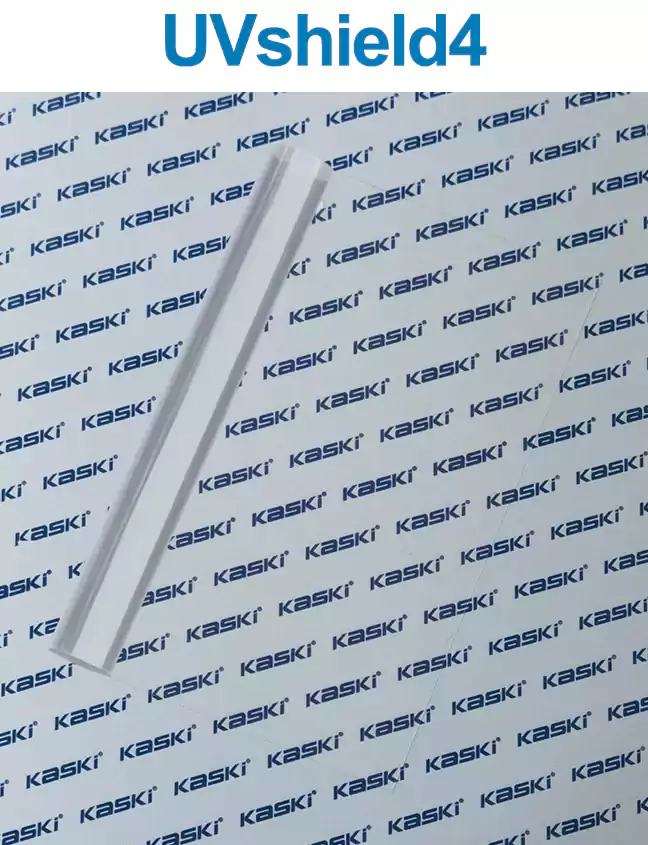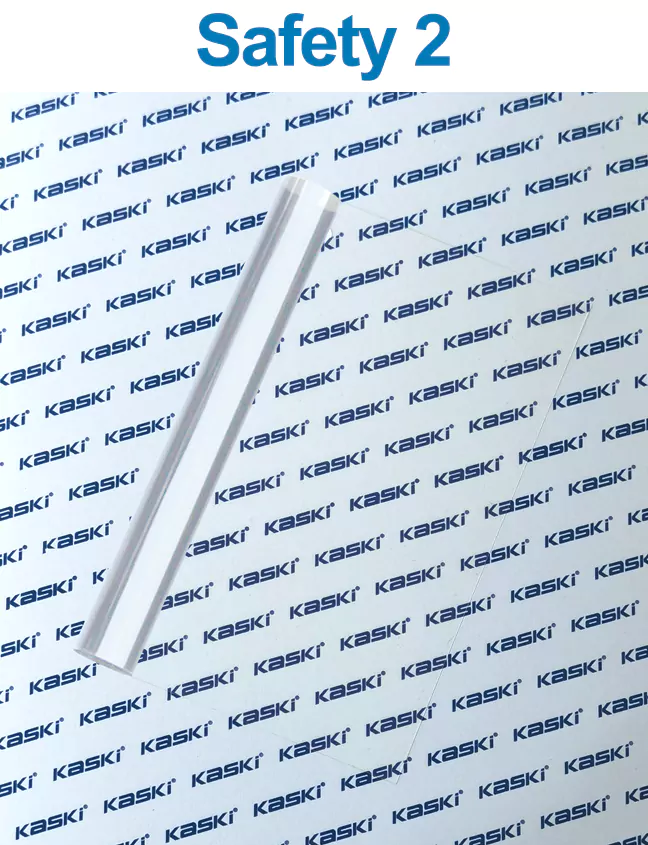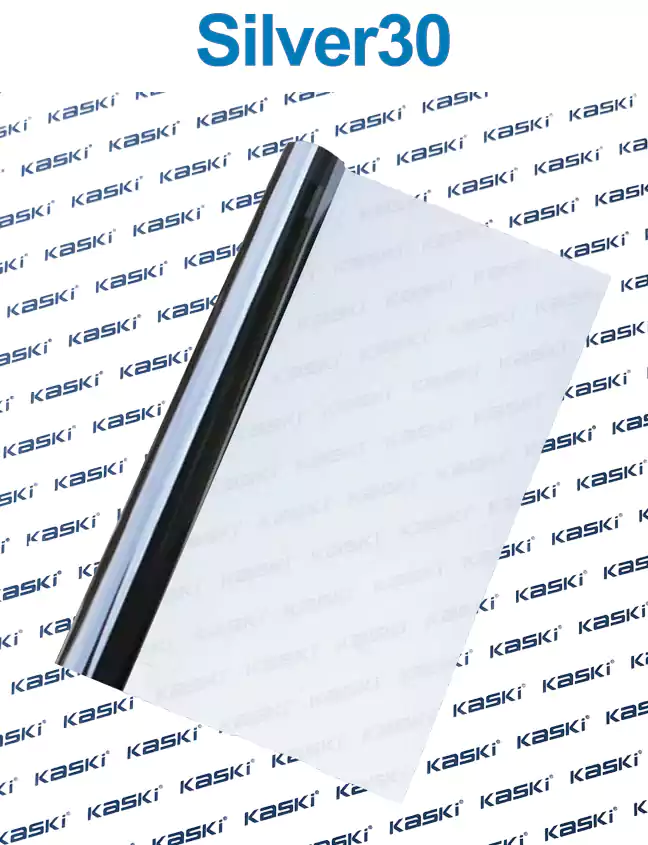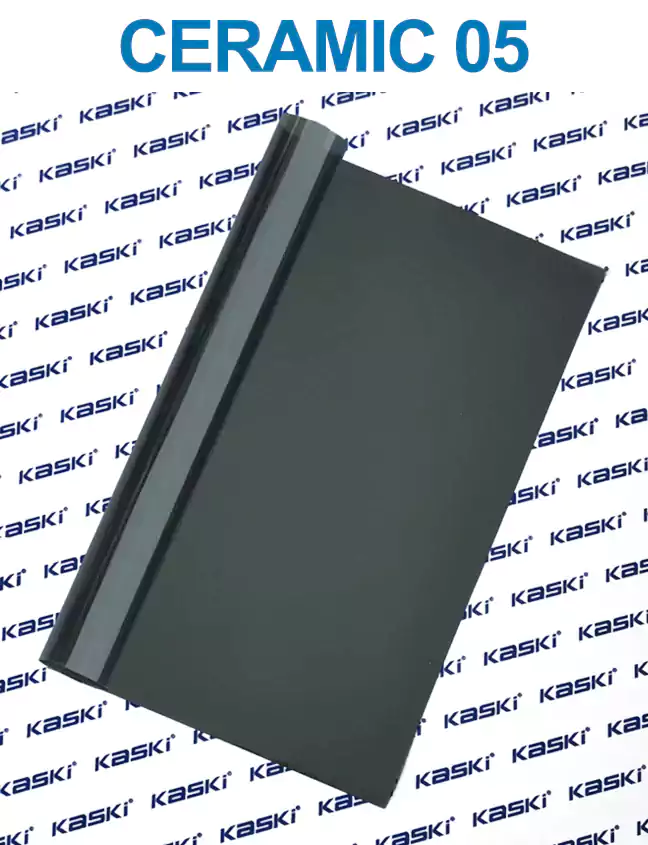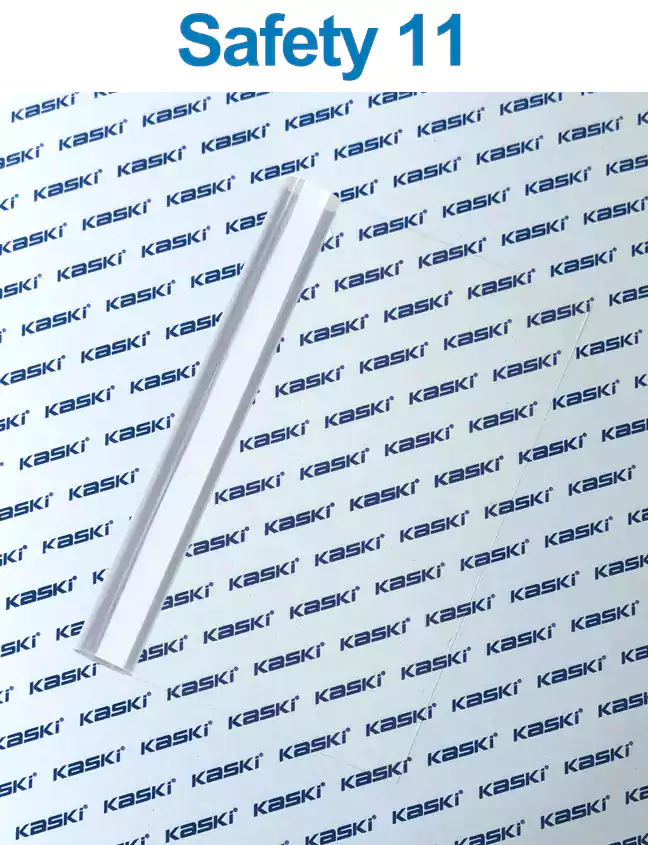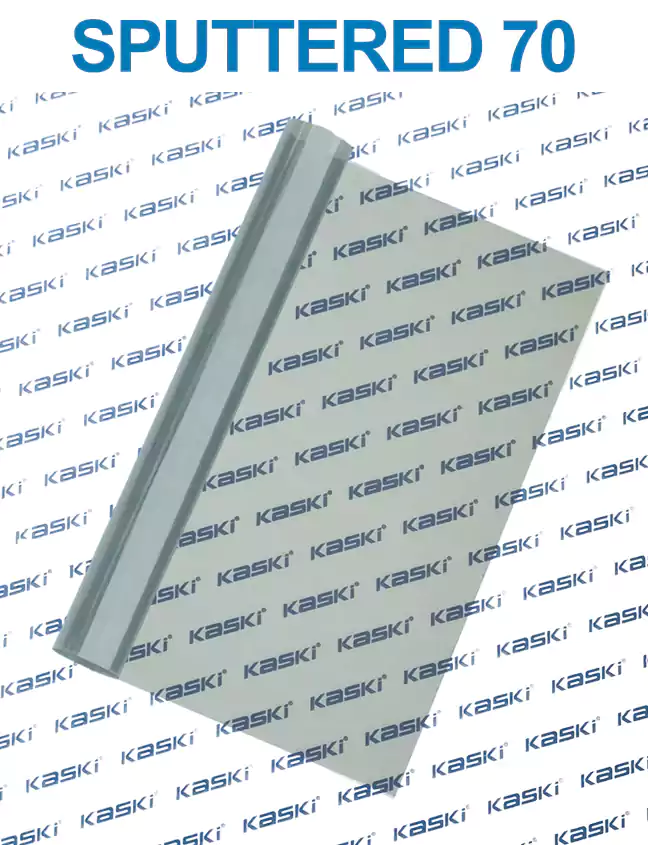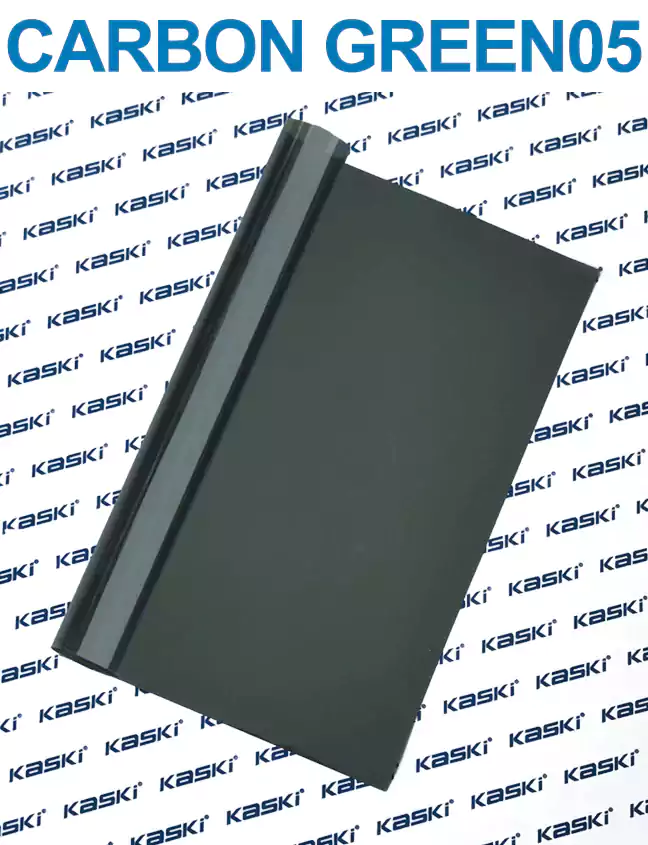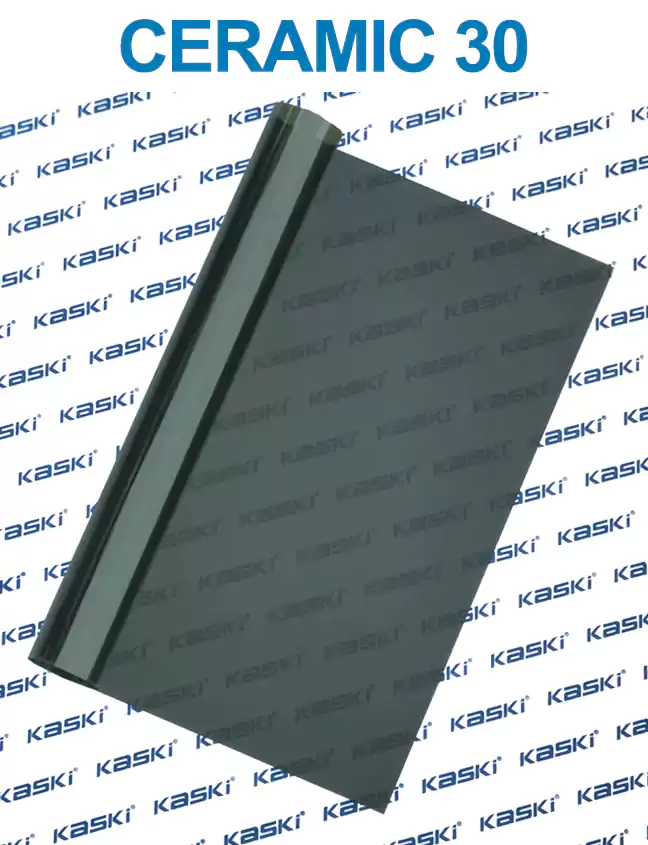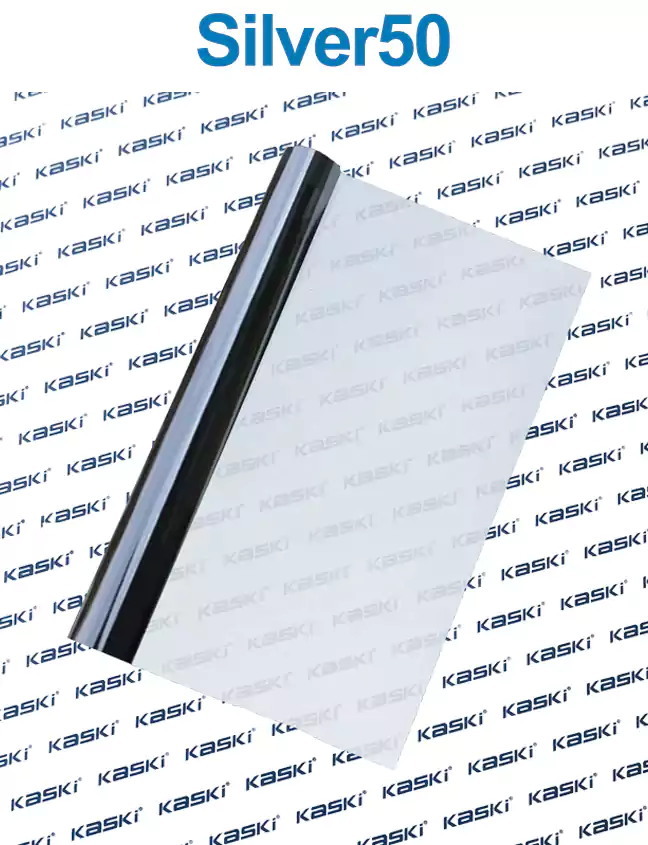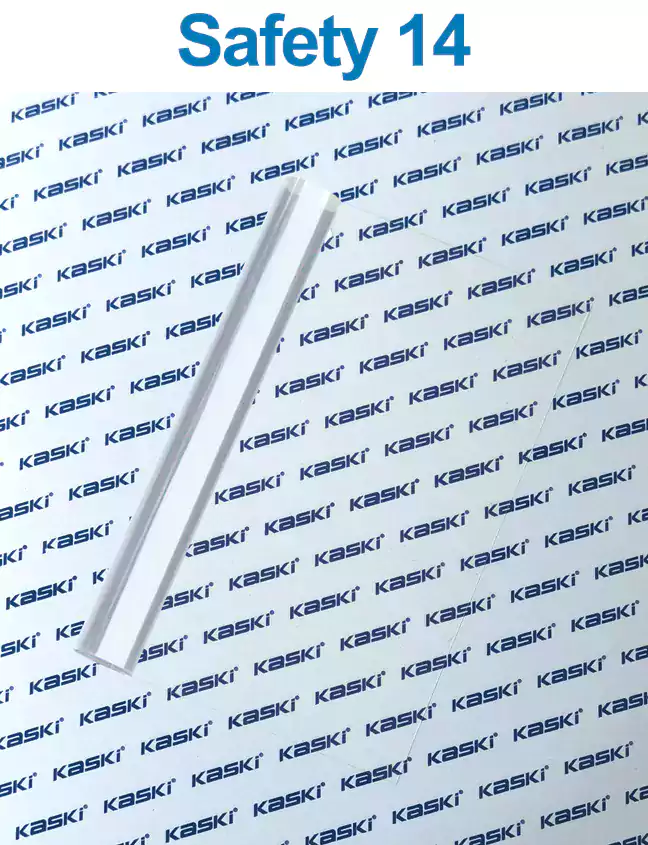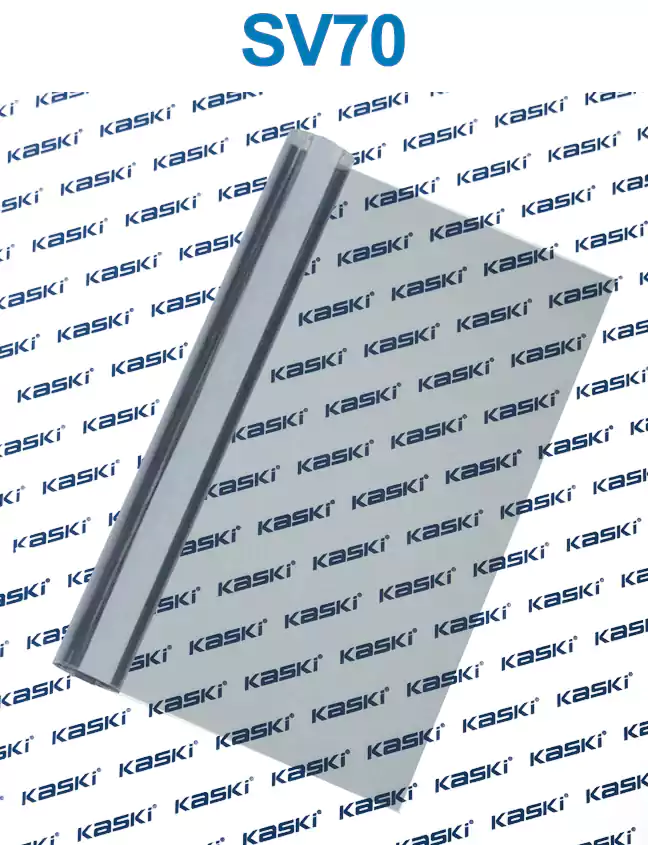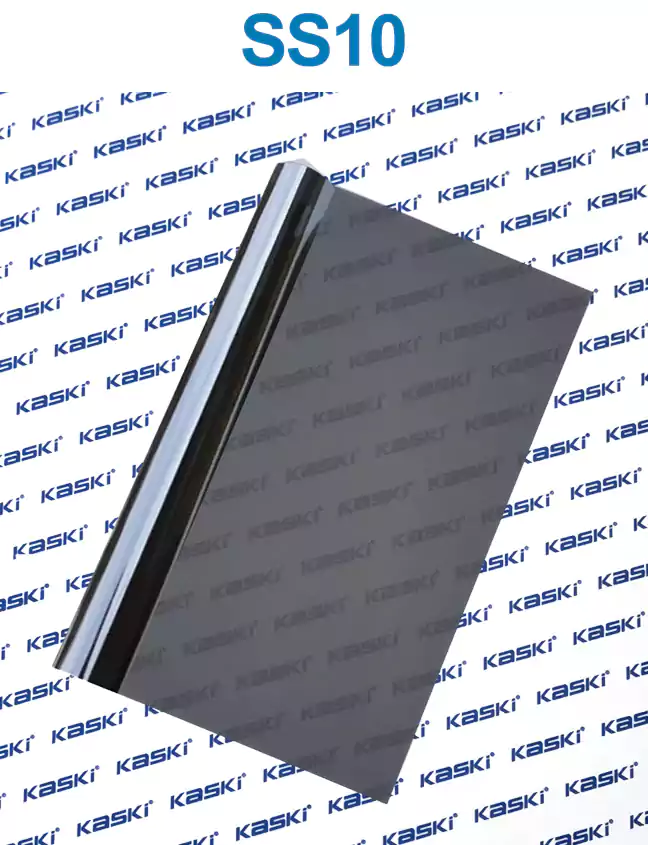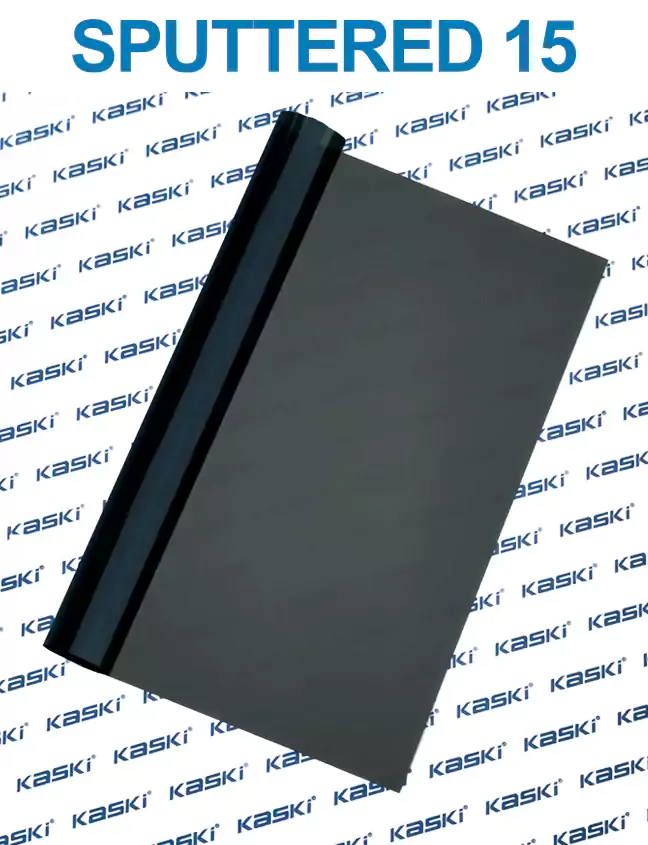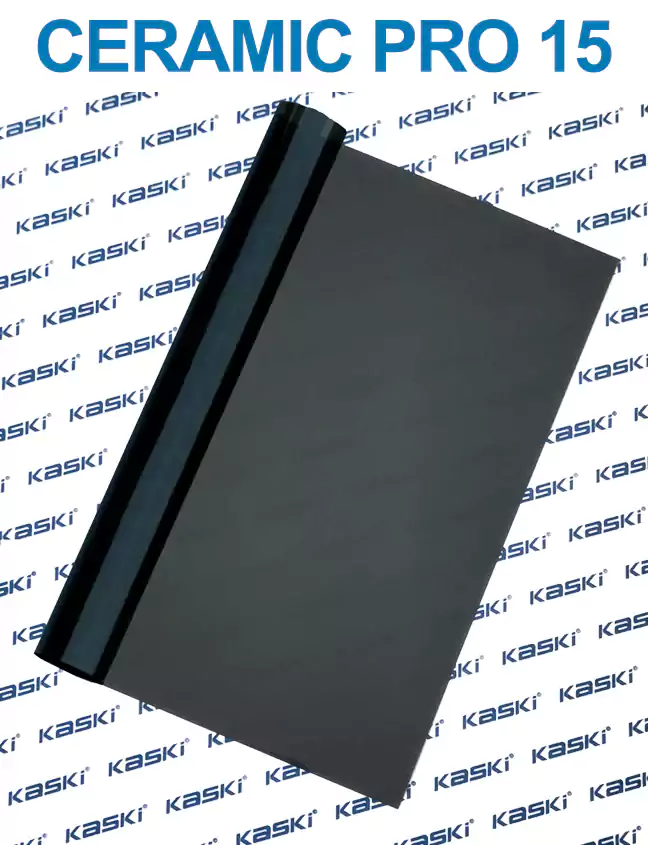Automotive window tinting is a popular and practical way to enhance the appearance, comfort, and energy efficiency of your vehicle. Whether you're looking to protect your car's interior, reduce glare, or stay cooler in the summer, window tinting can provide a range of benefits.
In this comprehensive guide, we'll explore the principles of automotive window tinting, the advantages it offers, and provide a detailed installation case study to help you understand the process and make an informed decision.
The Principles of heat control window film
Window tinting films are designed to block a significant portion of the sun's harmful UV rays, while still allowing natural light to pass through. These films come in a variety of shades and levels of tint, allowing you to customize the look and performance to suit your preferences.
The tinting process involves applying a thin, transparent film to the inside of your vehicle's windows. This film is made from a durable, scratch-resistant material that is designed to last for years, even in the harshest weather conditions.
Advantages of Automotive Window Tinting
1. Protect Your Vehicle's Interior: The sun's UV rays can cause fading and damage to your car's upholstery, dashboard, and other interior components. Window tinting helps to block up to 99% of these harmful rays, preserving the look and condition of your vehicle's interior.
2. Increase Comfort and Energy Efficiency: Tinted windows can significantly reduce the amount of heat that enters your vehicle, keeping the interior cooler and more comfortable, especially during the hot summer months. This can also lead to improved fuel efficiency, as your air conditioning system won't have to work as hard to maintain a comfortable temperature.
3. Enhance Privacy and Security: Tinted windows can make it more difficult for outsiders to see into your vehicle, providing an added layer of privacy and security.
4. Reduce Glare: Tinted windows can help to reduce the glare from the sun, making it easier to see while driving and reducing eye strain.
5. Protect Decorative Curtains and Blinds: If you have decorative curtains or blinds in your vehicle, window tinting can help to protect them from fading and damage caused by the sun's UV rays.
Installation Case Study: 2021 Toyota Corolla
To provide a more detailed understanding of the automotive window tinting process, let's take a look at a recent installation case study for a 2021 Toyota Corolla.
The vehicle owner, Sarah, was looking to improve the comfort and energy efficiency of her car, as well as protect the interior from the sun's damaging effects. After researching various tinting options, she decided to go with a high-quality, ceramic-based tinting film that would block up to 99% of harmful UV rays without significantly reducing visibility.
The installation process was carried out by a professional tinting specialist and took approximately 2 hours to complete. The specialist began by thoroughly cleaning the windows to ensure a proper adhesion of the tinting film. They then carefully measured and cut the film to fit each window, taking great care to ensure a seamless and precise application.
Once the film was in place, the specialist used a squeegee to remove any air bubbles or wrinkles, ensuring a smooth, uniform finish. The final result was a sleek, tinted appearance that complemented the car's overall aesthetic, while also providing the desired level of UV protection and heat reduction.
Testimonials
"I'm really impressed with the difference the window tinting has made in my Toyota Corolla. The interior stays much cooler, and I no longer have to deal with the glare from the sun while driving. It's made a huge difference in my overall comfort and enjoyment of the vehicle." - Sarah, 2021 Toyota Corolla owner
"Investing in window tinting for my car was one of the best decisions I've made. Not only does it look great, but it's also helped to reduce my energy costs by keeping the interior cooler. I highly recommend it to anyone looking to improve the comfort and efficiency of their vehicle." - Michael, 2018 Honda Civic owner
Conclusion
Automotive window tinting is a versatile and practical solution that can provide a range of benefits for your vehicle. From protecting your interior to increasing comfort and energy efficiency, the advantages of tinted windows are clear.
Whether you're looking to enhance the appearance of your car, reduce glare, or simply stay cooler in the summer, a professional window tinting installation can be a worthwhile investment. With the right tinting film and a skilled installer, you can enjoy the many benefits of heat control window film for years to come.

